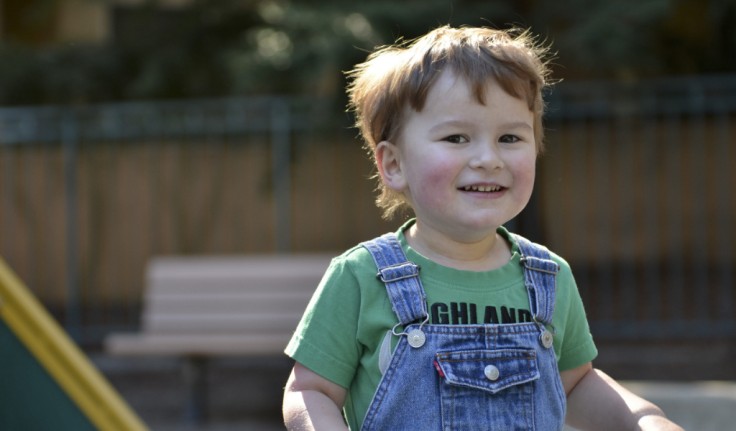
A new study suggests that kids with autism may be doing better than thought in at least some developmental categories.
The study consisted of 272 kids with autism, where experts found that nearly 80% of them were doing well in at least one of five developmental areas by the age of 10. In contrast, almost one-quarter were doing well in four of those areas.
Experts suggest that the results suggest a positive approach to autism spectrum disorder or ASD. The reason is that the study took in a broader view of what "doing well" means.
They defined it not only in the traditional way kids with autism have excellent skills that are the same as their peers who are kids with autism. The meaning also included growth, where they described children that improved in a skill area over time.
Kids with Autism
Experts say that ASD is a disorder with many challenges. It is also complex and differs widely from person to person. On the other hand, they also believed that there is room for optimism and hope.
Some kids with autism have milder problems with socializing and communicating, while others are greatly affected. These kids with autism speak little, if at all, and are getting wrapped up in repetitive, obsessive behaviors. Some kids with autism have intellectual disabilities, while others have average or above-average IQs.
The recent study
The said research on ASD has focused on its challenges, with little observation of kids' positive approaches over time.
An expert said that such an observation is a vital perspective. Although this expert is not involved in the said study, he called the findings encouraging.
He agreed that proficiency, whether kids with autism achieve a specific approach in their ability to communicate, socialize or regulate their behavior, is only one measure of a good result.
He mentioned that looking at growth in those specific areas can be equally vital. He even added that families might find progress more critical.
The subject of the study
For the study, they followed 272 Canadian kids with autism. They were assessed three times between the ages of 2 and 5 and twice more between the ages of 8 and 10.
The experts observed how well the kids with autism were doing when it comes to communication, socialization, day-to-day activities, internalizing (anxiety, social withdrawal, and depression), and externalizing (rule-breaking or aggression) behaviors.
By the age of 10, most kids were doing well. They are either significant or growing in at least one area. At the same time, 24% of the rest of them were doing well in four locations.
Experts observed that kids with autism could do well in one area but not so well in others reflects the nature of ASD. That although it has many challenges, there is also room for optimism and hope.
Limitations of the study
Despite this, there is a limitation to the study. It lacked details on the services that kids with autism received.
On the other hand, experts found other factors that seemed important in doing well. They found factors such as higher family income and better family functioning, including how well family members take and support each other.
The concept of doing well is not static. Experts said that as these kids with autism go into high school and then young adulthood, new challenges will come up. That is why the team of experts in the study said that they will continue to follow them into adolescence and will report on those findings in the future.
The study was published online on March 29 in JAMA Network Open.